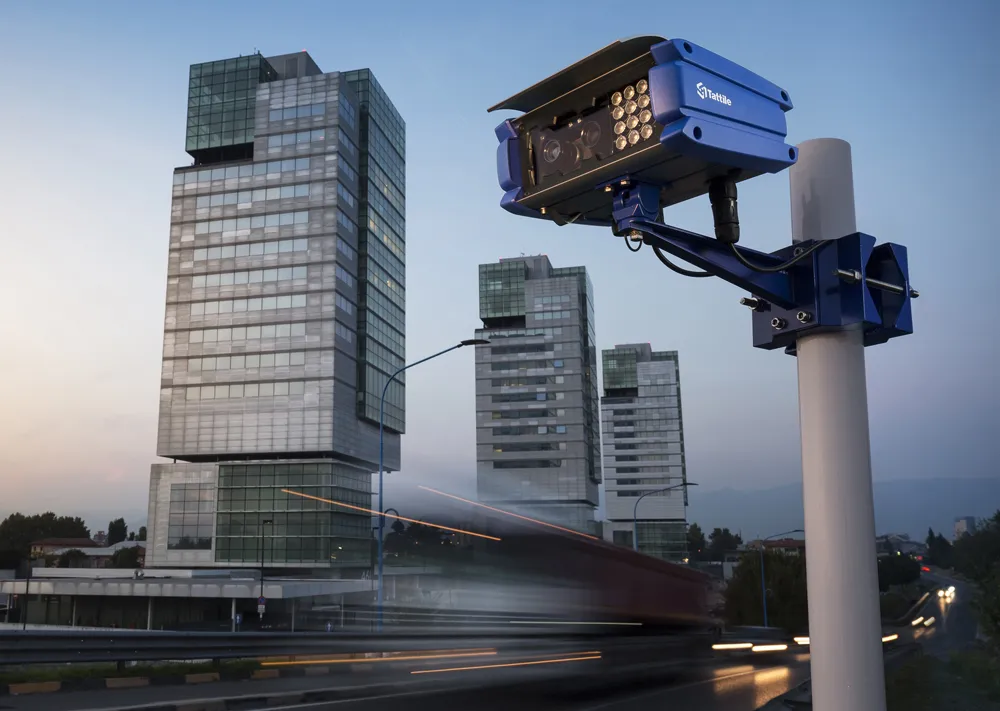Vector P2P is based around the SPECS average speed measuring cameras used in the UK and will also be made available in other European and international jurisdictions which accept certification from the NMi.
The system utilises the Vector2 camera platform to help it enable up to three lanes of image and automatic number plate recognition capture. It can also be supported by the Vector IR (infra-red) scene illumination module, for enforcement on roads at night.
Jenoptik says the system’s P2P instation server supports an unlimited network of camera outstations and allows a regional or country network of cameras to be monitored. Camera status can be remotely monitored through a graphical user interface, including geographic information system mapping and reporting.
Jenoptik Vector P2P receives NMi approval in Netherlands
Jenoptik’s Vector P2P, an average speed point-to-point (P2P) enforcement system, can be used in the Netherlands following approval from the Dutch National Institute of Metrology (NMi). Vector P2P is based around the SPECS average speed measuring cameras used in the UK and will also be made available in other European and international jurisdictions which accept certification from the NMi. The system utilises the Vector2 camera platform to help it enable up to three lanes of image and automatic number
August 23, 2018
Read time: 2 mins









